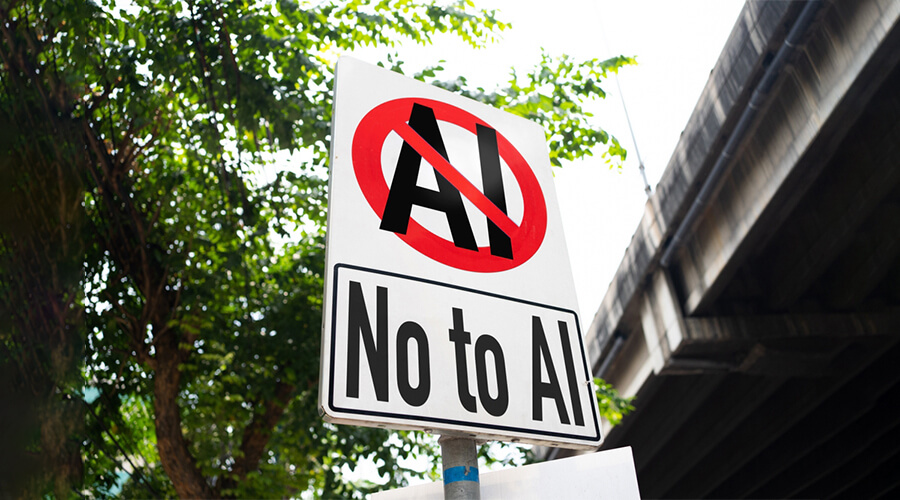The advent of artificial intelligence (AI) has prompted significant advancements across various sectors, from healthcare and education to finance and entertainment. However, the swift rise and integration of AI into our lives necessitates a thoughtful exploration of its ethical implications. Like any tool wielded by humanity, AI holds the potential for both great good and harm. This dichotomy underscores the importance of navigating AI’s ethical landscape with care and foresight.
One of the foremost ethical concerns with AI is its potential impact on jobs. As automation increases, there is a legitimate fear that many roles, particularly those involving routine, manual tasks, may become redundant. It’s essential to plan for this eventuality, ensuring adequate support and retraining opportunities are available for those impacted. Furthermore, the creation of new jobs by AI necessitates that these opportunities are accessible to all, and not just a privileged few.
The issue of transparency, or explainability, in AI is another significant concern. AI systems, particularly deep learning models, often function as a “black box,” with their decision-making processes difficult to understand. This lack of transparency can be problematic, particularly when AI is used in critical areas like healthcare or criminal justice. We need AI systems that are not just powerful but also interpretable and transparent.
Bias in AI systems is a related ethical issue. AI models learn from data, and if this data reflects societal biases, the AI models can learn and perpetuate these biases. For instance, an AI system trained on job application data from a company with a history of gender bias may learn to favor male applicants. It’s crucial to scrutinize the data we feed into AI systems and develop methods to detect and mitigate algorithmic bias.
Privacy is another significant ethical concern. As AI systems become more sophisticated, they can collect, store, and analyze vast amounts of data, including sensitive personal information. It’s crucial to implement stringent privacy protections and give users control over their data.
Finally, there’s the question of AI and autonomy. As AI systems become more integral to our lives, we must avoid becoming overly reliant on them, especially for tasks requiring critical thinking or emotional judgment. We must remember that AI is a tool and should complement, not replace, human decision-making.
Navigating the ethical landscape of AI is a complex task requiring the collaboration of technologists, ethicists, policymakers, and society at large. It is a journey we must undertake with an open mind, understanding that our goal should not be simply to advance AI, but to ensure it aligns with our values and serves the greater good. By grappling with these ethical challenges, we can steer AI’s development in a direction that truly benefits humanity.



